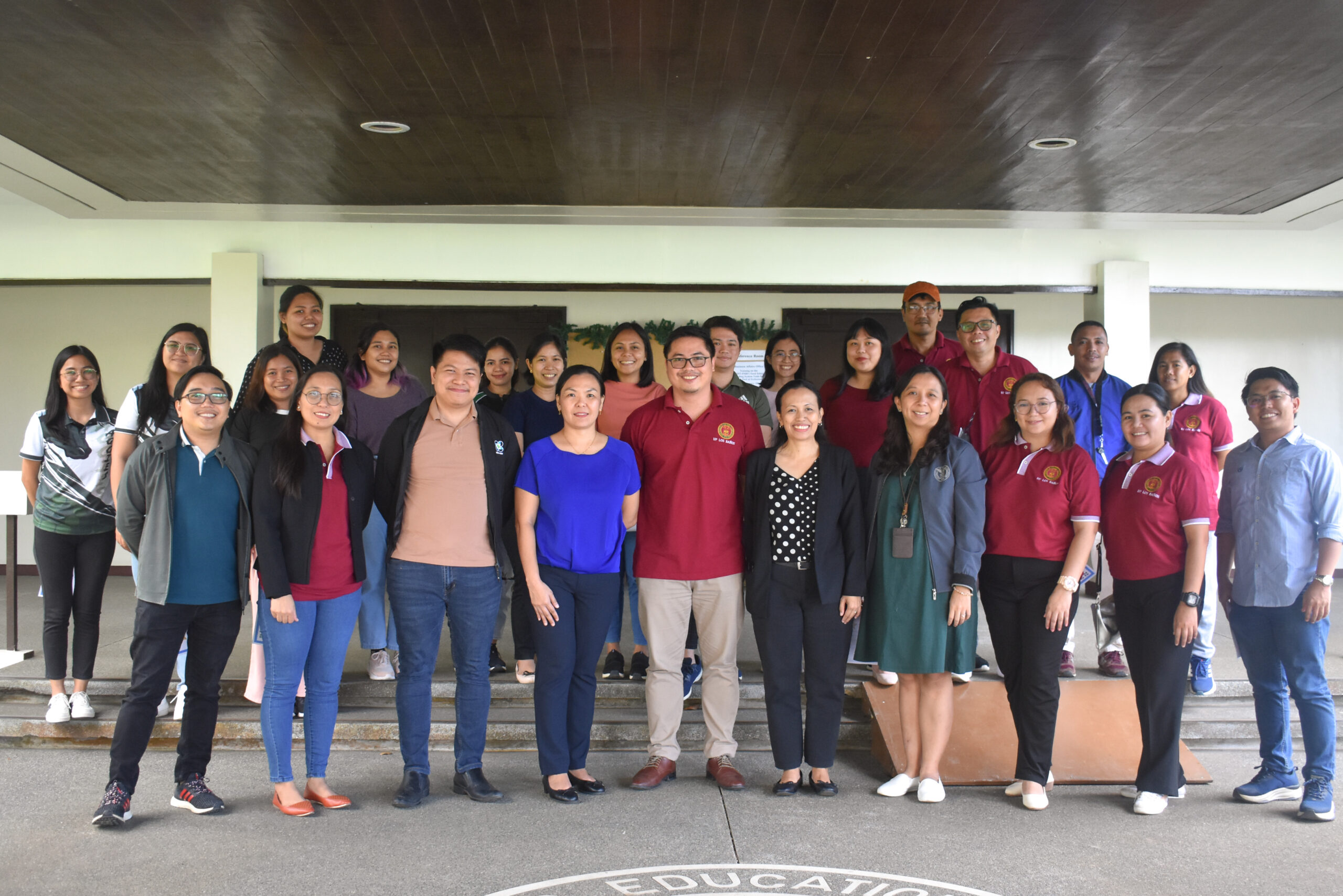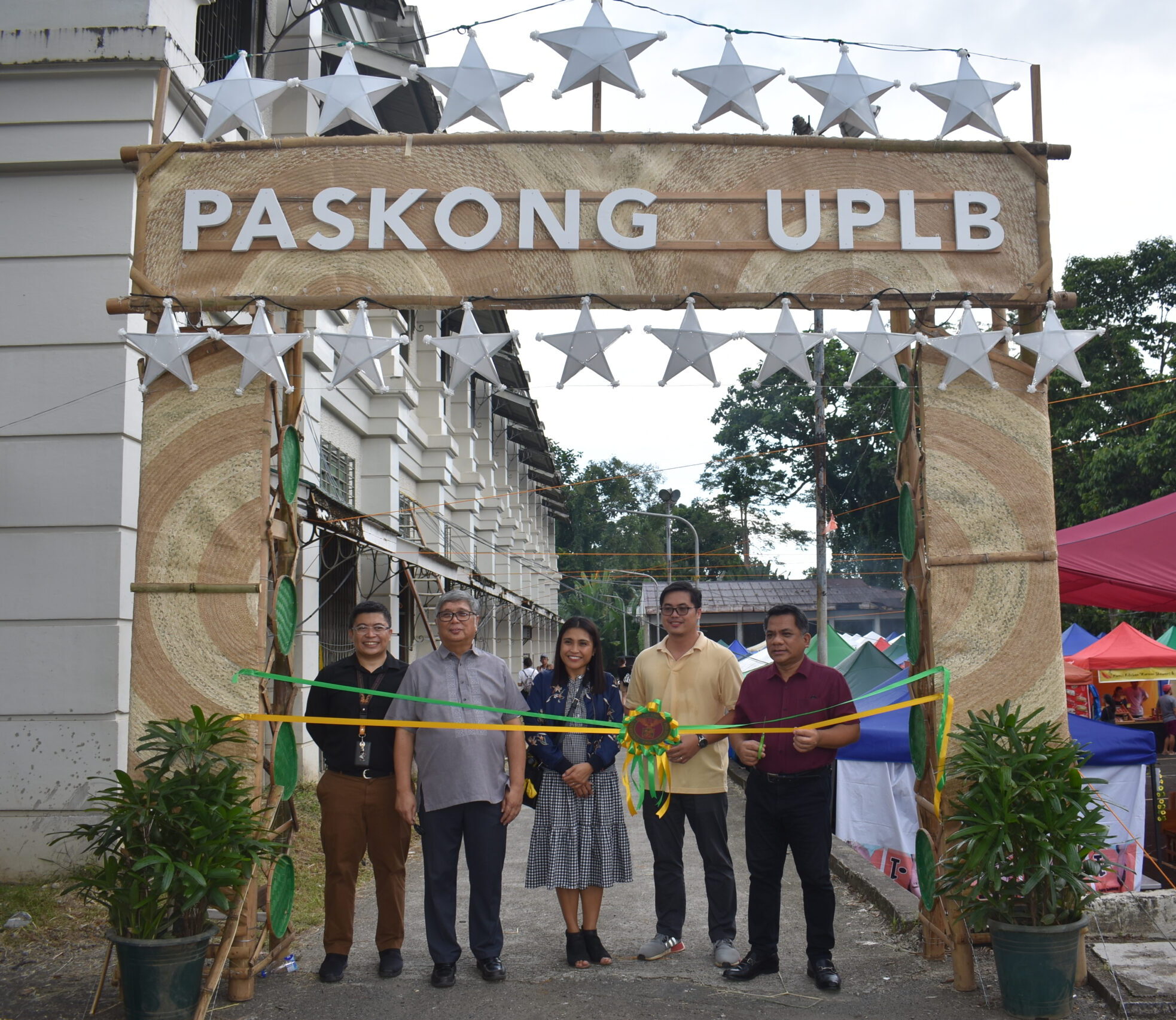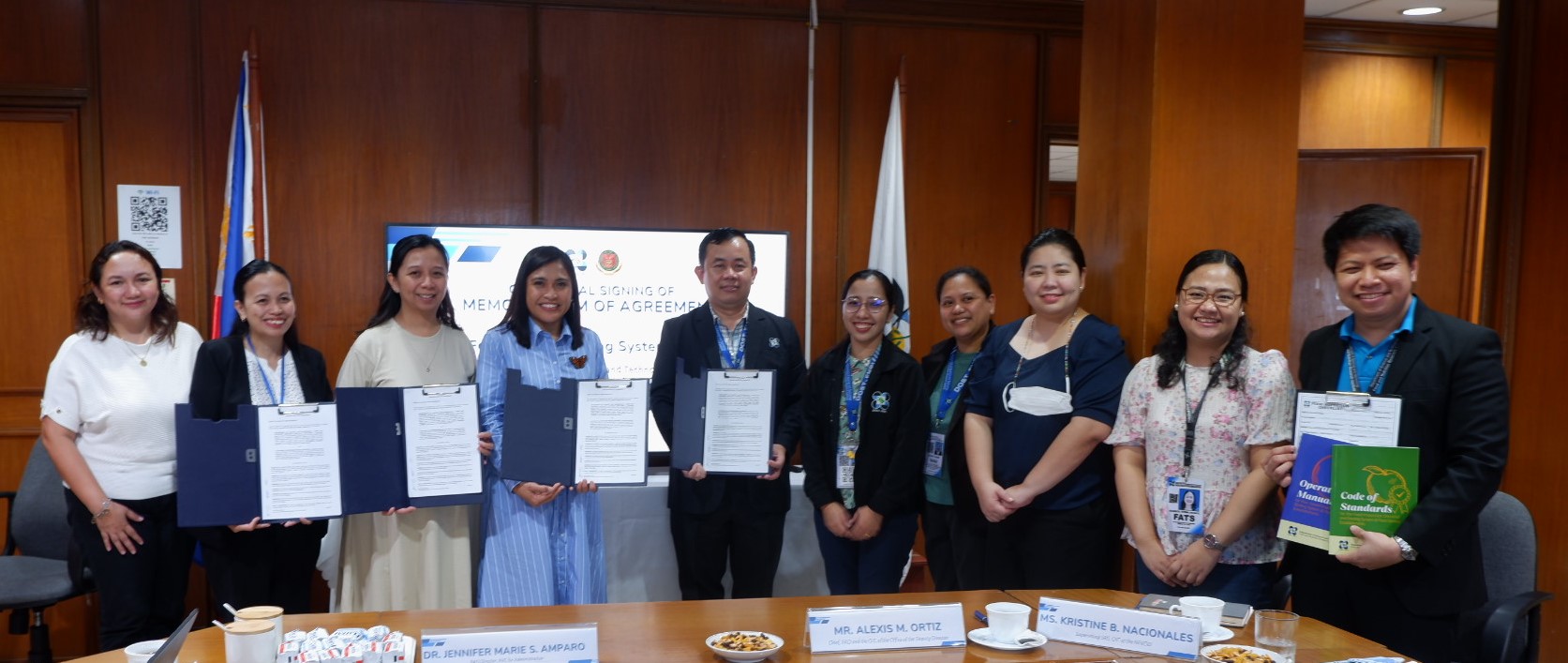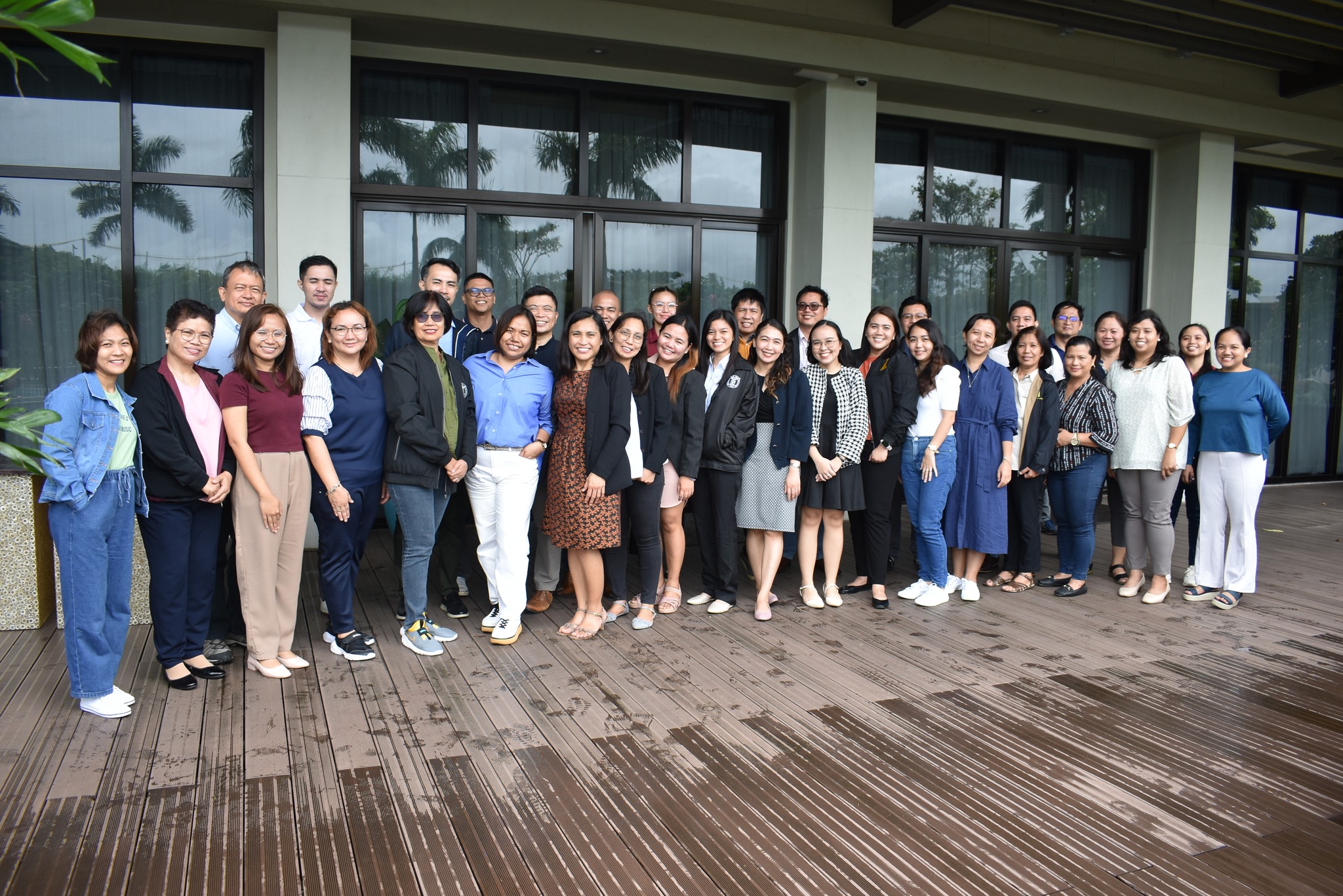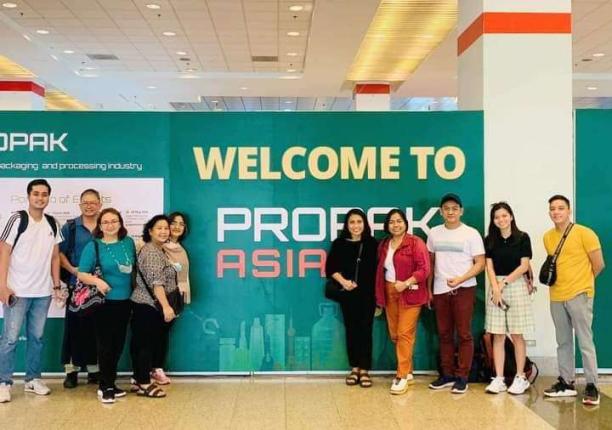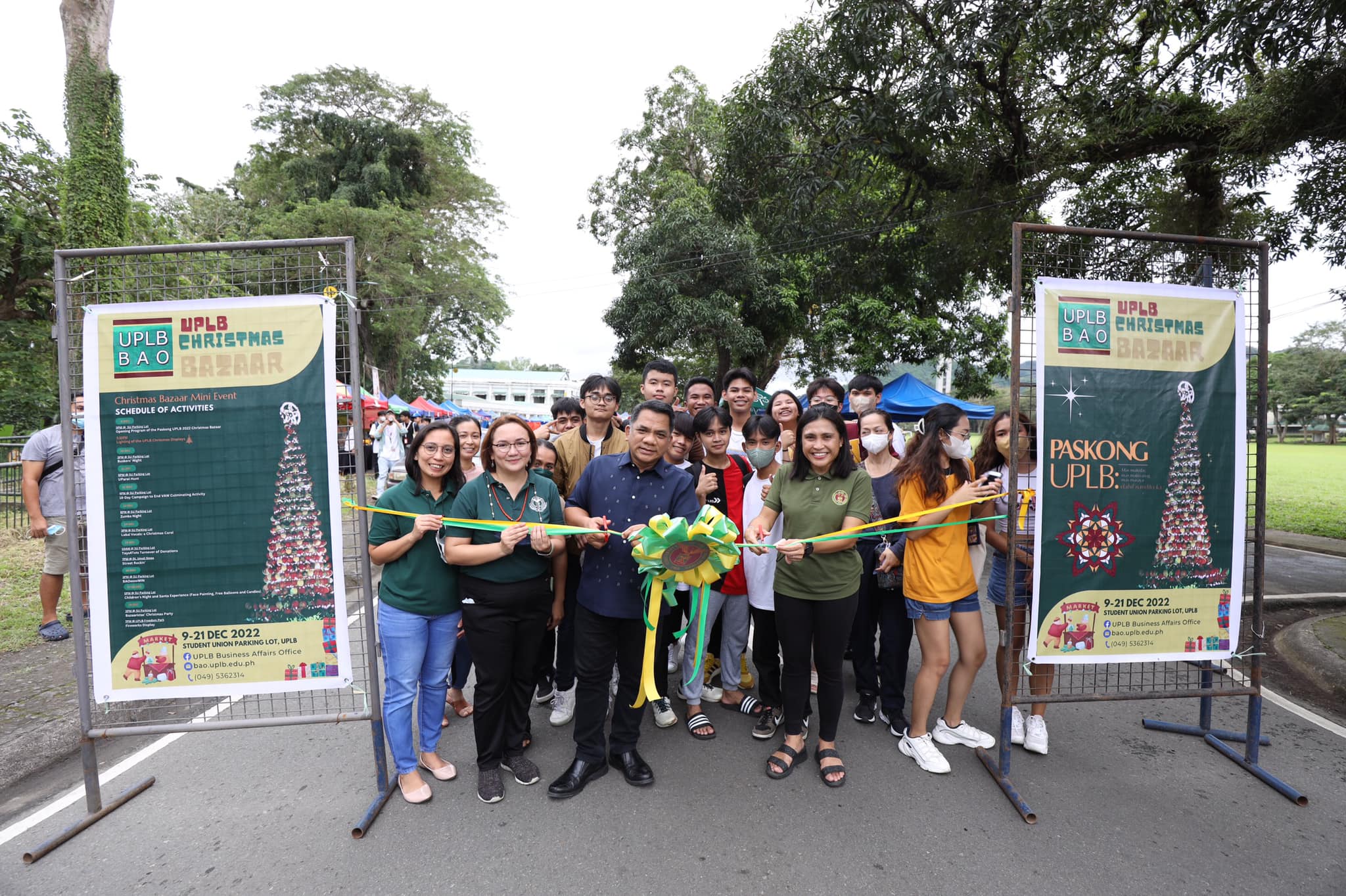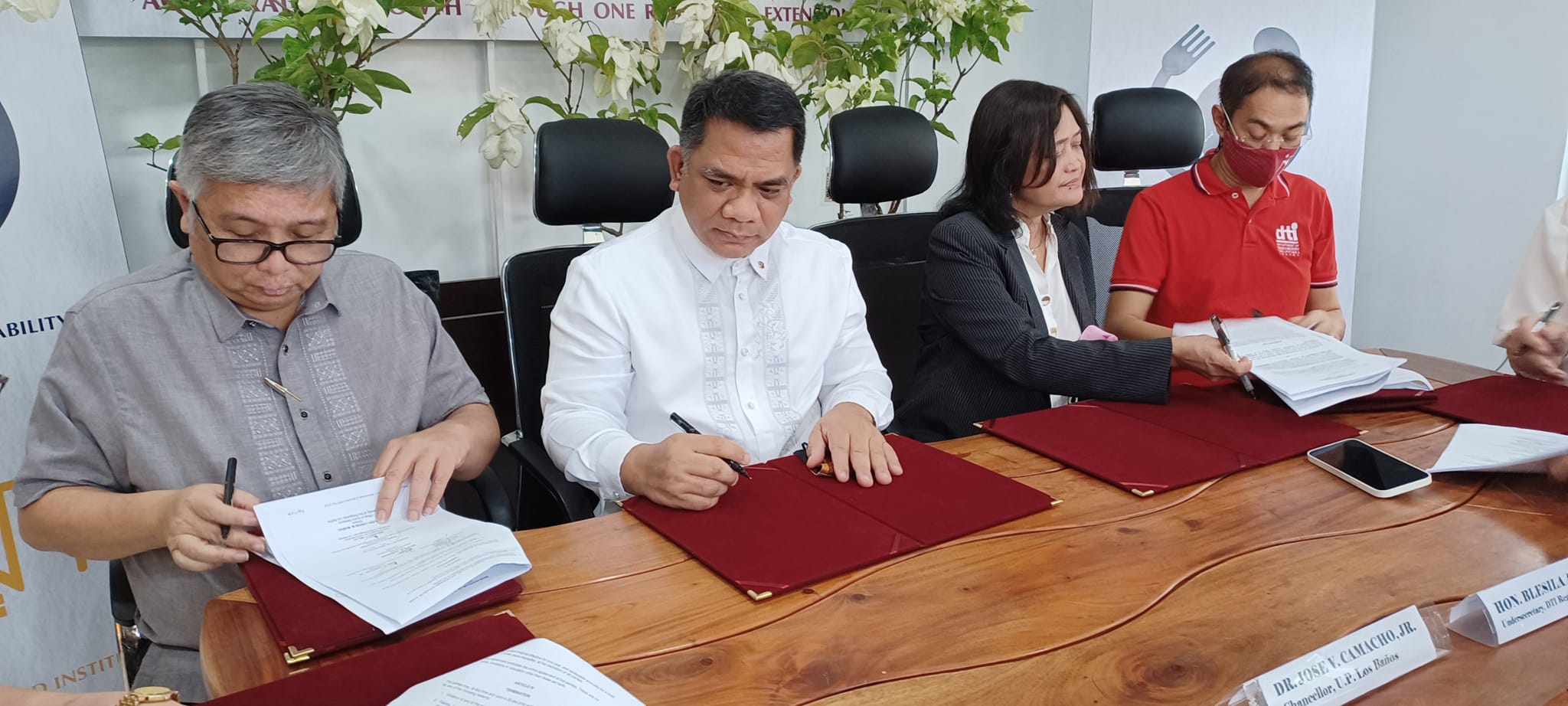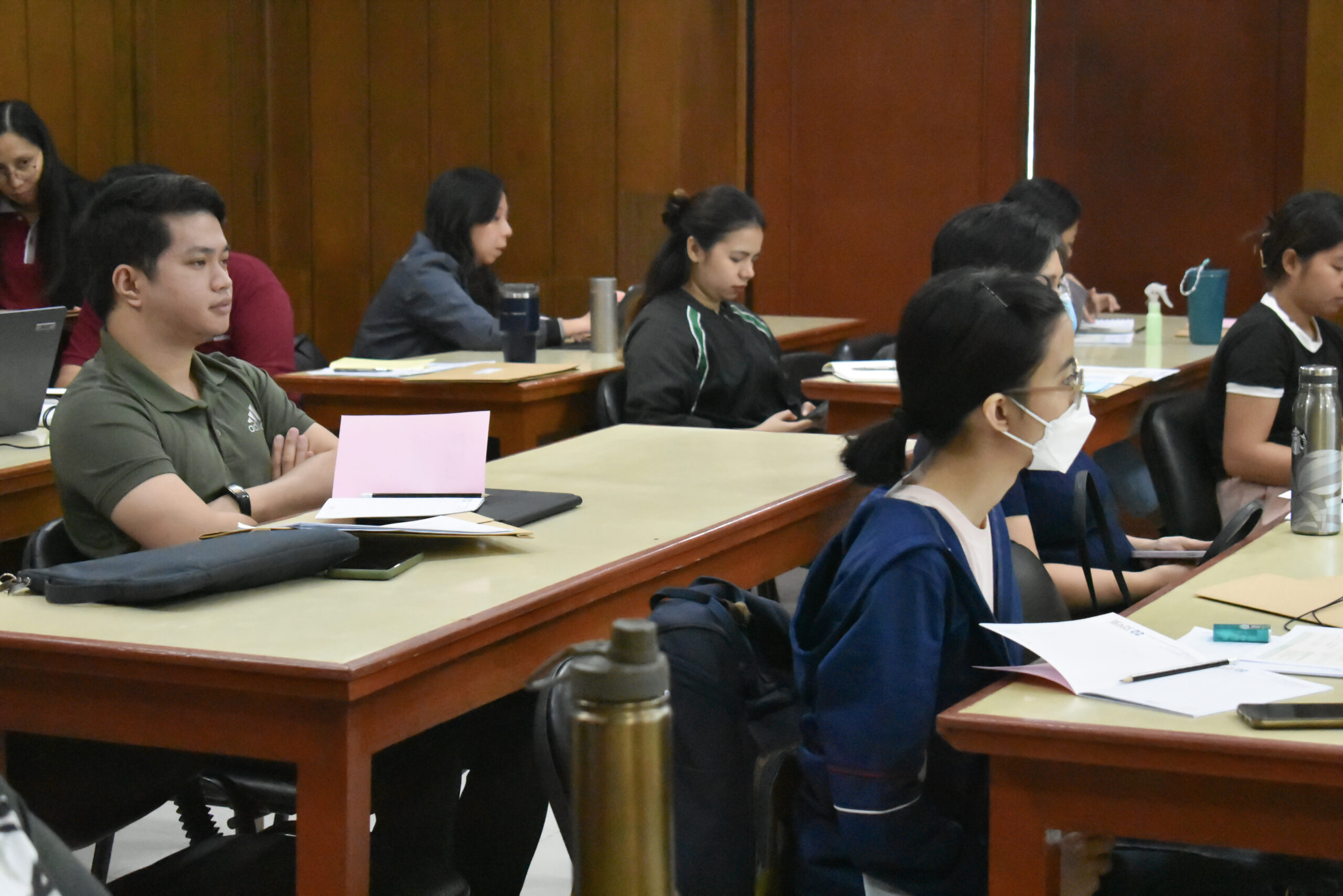
In collaboration with the Department of Science and Technology – Food and Nutrition Research Institute (DOST-FNRI), the UPLB Business Affairs Office (BAO) organized a two-day training session on Food Grading System Tools for UPLB Evaluators from January 25-26, 2024. Participants hailed from various units and institutes within UPLB and will serve as the pioneering sanitation inspectors of the University. Their role is crucial in ensuring safe food practices for the well-being of UPLB concessionaires and constituents.
During the opening message, UPLB BAO Director Eugene Raymond P. Crudo extended a warm welcome to all participants. He provided a concise overview of the training’s inception, highlighting its consistent implementation efforts by UPLB BAO Program Development Associate, Dr. Faye Nguyen-Orca. Remarkably, UPLB has become the first Higher Education Institution to undergo training for the Food Grading System Tools (FGST) of the DOST-FNRI after nearly a year.
Ms. Joanne O. Vale and Ms. Sheryl B. Posadas, both from the UPLB BAO, spearheaded the program and introduced the respective speakers. The training proceeded with the first resource speaker, Ms. Claire M. Gacias, a Science Research Specialist II. She introduced the DOST-FNRI Food Safety Grading System Tools, emphasizing the necessity of a grading system for food service establishments (FSEs) as a public health concern. Ms. Gacias highlighted that 3 out of 10 Filipinos eat out, underscoring the need to enhance food safety practices. She introduced the two standardized tools for the FGST: the Food Inspection Checklist (FIC) and the Code of Standards (COS), aligned with the Food Safety Act of 2013.
Following this, Ms. May Ann D. Gironella, a Senior Science Research Specialist, provided an explanation of the Operations Manual (OM) and the Conduct of Risk-Based Inspection. The OM serves as a handy reference for sanitation inspectors, offering practical and accurate recommendations for conducting risk-based inspections on identified FSEs. It includes instructions on using the FIC and the COS. Ms. Gironella also detailed the step-by-step process of the inspection, from pre-inspection to on-site inspection and the closing meeting, along with factors to consider when determining inspection frequency.
Concluding the training, Mr. Eirene Agustin B. Arnejo, a Science Research Specialist I, presented on Conducting a Risk-Based Inspection Using the FIC. Participants received samples of the FIC for reference during this segment. Mr. Arnejo explained each section of the FIC and what criteria to assess in an FSE. He emphasized that the FIC is a proactive tool, aimed at assisting FSEs.
On the second day, a mock inspection was conducted for a more hands-on experience. Participants were divided into two groups to perform parallel inspections at an FSE within the campus. The findings were later compared, creating an interactive and holistic training experience. Pre and post tests were administered during the training, and prizes were awarded to participants. (AAArriesgado)



